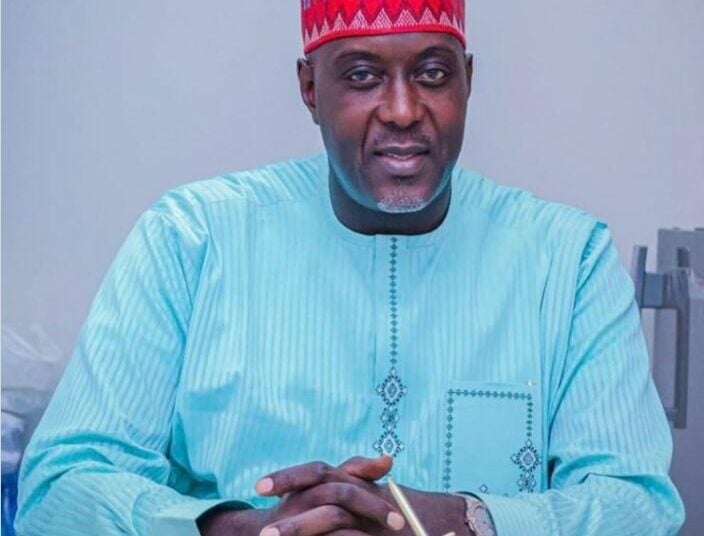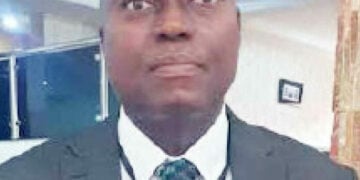For weeks, the name of Abdullahi Ibrahim Rogo, the Director General of Protocol to the Kano State Government, has been dragged into public debate over alleged financial mismanagement involving billions of naira. Headlines and whispers portrayed him as the face of a scandal, with claims that N6.5 billion and another N1 billion were directly tied to his office.
In the court of public opinion, rumors spread faster than facts. However, recent revelations have begun to provide clarity. A senior Director of the Independent Corrupt Practices and Other Related Offences Commission (ICPC) recently clarified to the BBC Hausa Service, stating that the anti-graft body had not established any evidence linking Rogo to fraud.
He explained that the oft-quoted figure of N6.5 billion was not a sum looted or stolen, as many assumed, but rather inflows under the Protocol Directorate’s cash movements connected to the high-demand nature of protocol operations. Although some transactions linked to certain companies remain under investigation.
If there were still doubts, the judiciary has now put them to rest. In a landmark judgment, the High Court, after reviewing the facts and evidence, delivered a judgment in favor of Rogo. Importantly, the decision was not based on “technical grounds” or legal loopholes but on the merit of evidence.
The court affirmed that since anti-graft agencies had failed to link him to any fraud, there was no basis for him to be treated as a suspect, harassed, or hounded. It therefore issued a final order enforcing his fundamental rights, declaring that he should neither be arrested nor invited in connection with the matter.
Beyond the clarifications and the judgment lies a higher point of law. Section 36(9) of the 1999 Constitution of the Federal Republic of Nigeria enshrines the principle of double jeopardy—non bis in idem. It guarantees that no individual can be tried or punished twice for the same offense once acquitted or discharged by a court of competent jurisdiction.
In this context, it is worth stressing that the Economic and Financial Crimes Commission (EFCC), a sister anti-graft agency, had previously investigated these same allegations against Rogo and closed the case without establishing guilt. Based on the double jeopardy principle, the ICPC lacks the legal right to reopen what has already been laid to rest by the EFCC.
To do so would amount to a breach of the constitutional safeguards that protect every Nigerian from repeated persecution under different guises. Therefore, taken together, these developments reveal how misinformation can cloud the truth in the heat of political contestation.
Protocol, as a government unit, is often misunderstood because it handles massive cash flows due to its immediate, cash-intensive, and highly visible responsibilities, such as chartering vehicles, booking hotels, paying for receptions, hosting dignitaries, and securing last-minute logistics.
These funds move in and out quickly, often without leaving behind physical infrastructure to “justify” them in the public eye. It is this visibility, coupled with political mischief, that makes the office an easy target for allegations.
However, with the ICPC’s clarification, as reported in the BBC Hausa interview, the High Court judgment, and the constitutional guarantee against double jeopardy, the facts now stand firm. Perhaps what was painted as a scandal is now being revealed as little more than a storm of speculation.
It is worth noting that the agencies probing the matter have themselves acknowledged that the DG is not incriminated. In fact, the ICPC official’s words serve not just as a clarification but as a quiet exoneration. The lesson is simple: justice is best served by facts, law, and fairness—not rumors.
–Yahaya, a public affairs analyst, writes from Kano.





